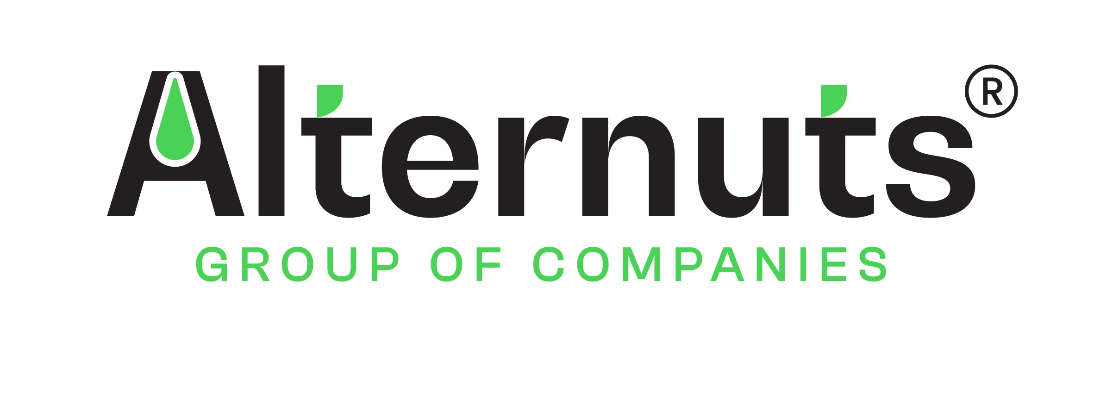1. What is bagasse-based food packaging?
Bagasse packaging is made from sugarcane waste after juice extraction. It’s strong, stylish, biodegradable, and compostable, making it the perfect replacement for plastic and Styrofoam disposables.
2. How is bagasse packaging eco-friendly?
It’s a 100% natural by-product of sugarcane, requires no additional wood or plastic, and decomposes within 60–90 days, leaving zero toxic waste.
3. What is the difference between biodegradable, compostable, and recyclable?
Biodegradable: Breaks down naturally into smaller particles.
Compostable: Turns into nutrient-rich soil within a fixed time frame.
Recyclable: Can be processed into new products.
Bagasse products are both biodegradable & compostable.
4. What is an example of biodegradable food packaging?
Examples include bagasse plates, trays, clamshells, bowls, cutlery, and PLA-based compostable bags.
5. Are bagasse plates safe for hot and oily food?
Yes! Bagasse products are oil-resistant, leak-proof, and perfect for curries, gravies, and hot meals.
6. Can bagasse packaging be microwaved or frozen?
Absolutely! Bagasse containers are microwave-safe and freezer-safe, making them ideal for cloud kitchens, catering, and takeaways.
7. How long does bagasse take to decompose?
Under composting conditions, it decomposes naturally within 60–90 days.
8. Is biodegradable packaging expensive?
Not really! While slightly costlier than low-grade plastic, it saves businesses from plastic ban penalties, attracts eco-conscious customers, and enhances brand image.
9. How strong is bagasse packaging compared to paper or plastic?
Bagasse is stronger than paper disposables and more eco-friendly than plastic, making it a durable, sustainable choice.
10. What is the biodegradable packaging market in India?
The Indian market is growing at a double-digit pace due to plastic bans, food delivery boom, and rising eco-awareness. Bagasse tableware leads the segment as a preferred sustainable solution.
11. Are bagasse disposables allowed under India’s plastic ban?
Yes, they are 100% legal and encouraged as sustainable alternatives to banned single-use plastics.
12. Do bagasse products comply with international standards?
Yes, we supply export-quality compostable disposables that meet US, EU, and global sustainability norms.
13. Who can use bagasse packaging?
Our products are widely used by restaurants, cafes, caterers, cloud kitchens, hotels, event planners, corporates, institutions, and households.
14. Is compostable packaging suitable for online food delivery?
Yes, our leak-proof, sturdy bagasse containers are perfect for Swiggy, Zomato, and takeaway deliveries.
15. Do corporates use compostable disposables for CSR or pantry use?
Yes, many companies are adopting eco-friendly disposables to support CSR initiatives and green workplace programs.
16. How do I dispose of bagasse tableware after use?
Simply put it in a compost bin or organic waste stream. It naturally breaks down without harming the environment.
17. How do compostable products help my business grow?
They enhance your eco-friendly brand image, attract conscious buyers, ensure compliance with bans, and give a marketing edge over competitors still using plastic.
18. Do eco-friendly disposables cost more than plastic in bulk?
In bulk orders, the cost difference is negligible. Plus, the long-term benefits outweigh the minor price gap.
19. Can households use compostable disposables for parties?
Yes! Bagasse plates and bowls are perfect for festivals, house parties, kitty parties, and events—a stylish and sustainable alternative.
20. Are compostable products water-resistant?
Yes, bagasse disposables can hold liquids, soups, and beverages without getting soggy.
21. Why should I choose Alternuts Group for biodegradable packaging?
We are a trusted manufacturer & global exporter, offering premium-quality, certified, eco-friendly disposables with competitive pricing and worldwide supply.




